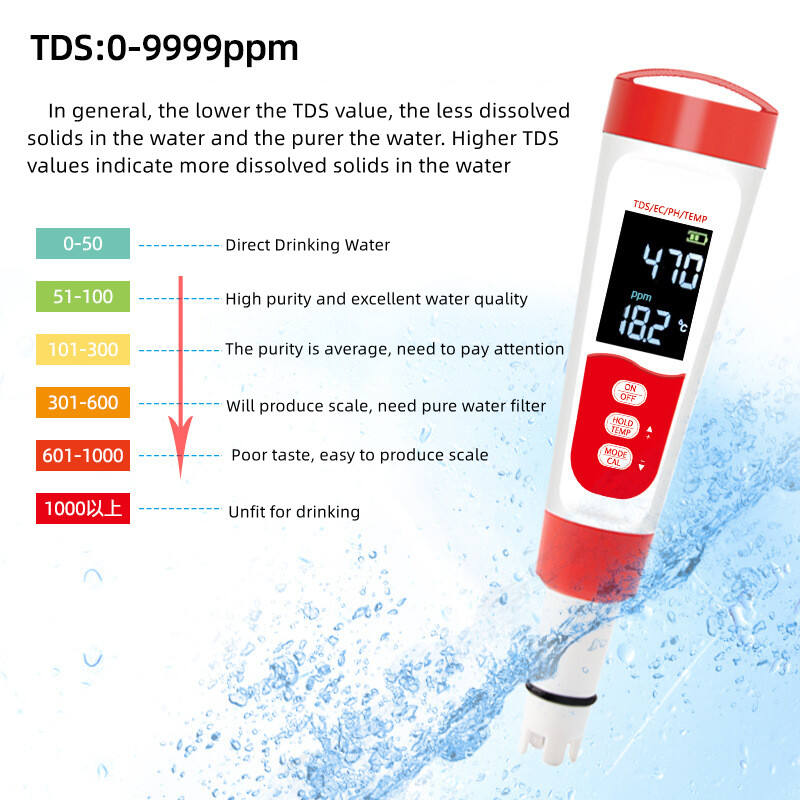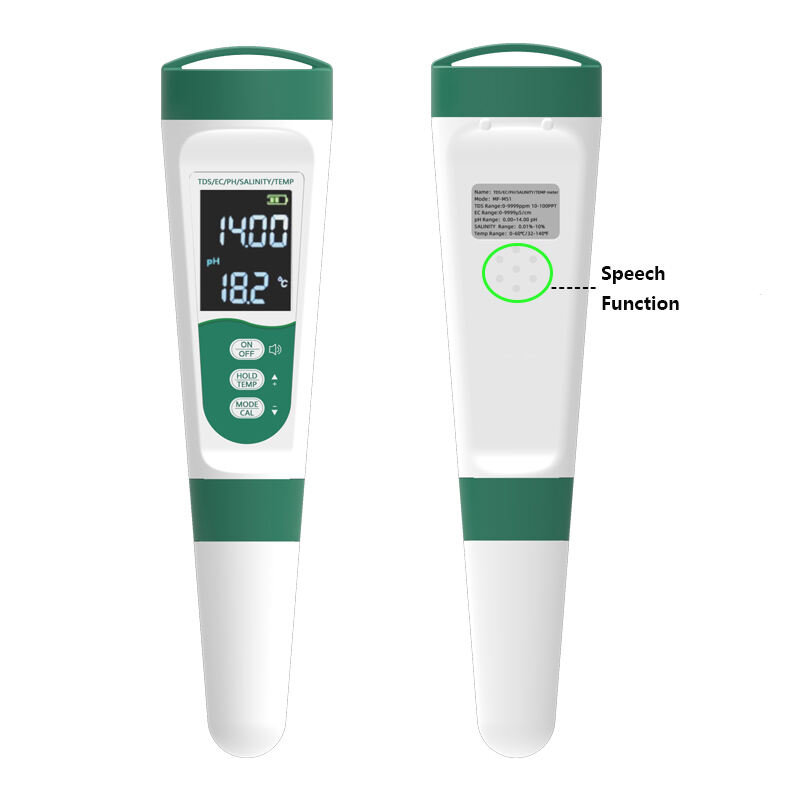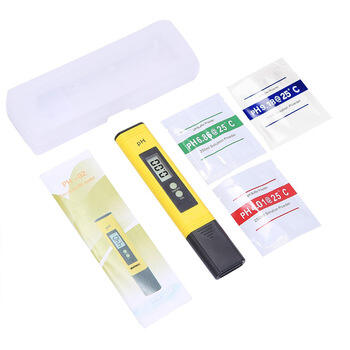grond ph-toetser vir boerdery
'n Grond-pH-toetser vir boerdery is 'n essensiële hulpmiddel wat boere en landbouprofessionels in staat stel om akkuraat die suur- of basisvlakke in hul grond te meet en te moniteur. Hierdie gevorderde toestel verenig noukeurige tegnologie met gebruikersvriendelike kenmerke om betroubare pH-leeswaardes te lewer wat krities is vir optimale gewasgroei en grondbestuur. Die toetser het gewoonlik 'n robuuste sonde wat direk in die grond ingedruk kan word, wat onmiddellike digitale leeswaardes op 'n maklik-verstaanbare weergawe bied. Moderne grond-pH-toetsers sluit dikwels ook bykomende vermoeë insluit soos vochtigheidsmeting, temperatuurmonitering en ligintensiteitdeteksie, wat hulle tot versgeleidende werktuie maak vir omvattende grondanalise. Die toestel funksioneer deur middel van sofistikeerde elektrokemiese sensors wat die waterstofionkonsentrasie in grondoplossings meet, en hierdie data omskakel in akkurate pH-waardes wat varieer van 0 tot 14. Die meeste landbou-pH-toetsers is ontwerp met waterdichte huishoudings en robuuste konstruksie om veldgebruik en wisselende weeromstandighede te verdra. Hierdie instrumente is ingestel om leeswaardes binne +/– 0.1 pH-eenhede te verskaf, wat die noukeurigheid verseker wat nodig is vir besluite oor grondverbeterings en bemestingstrategieë. Die tegnologie laat ook toe dat data gestoor en oor tyd gevolg word, wat boere in staat stel om grond-pH-veranderinge te moniteur en gepaste grondbestuurspraktyke te implementeer vir optimale gewasyields.


